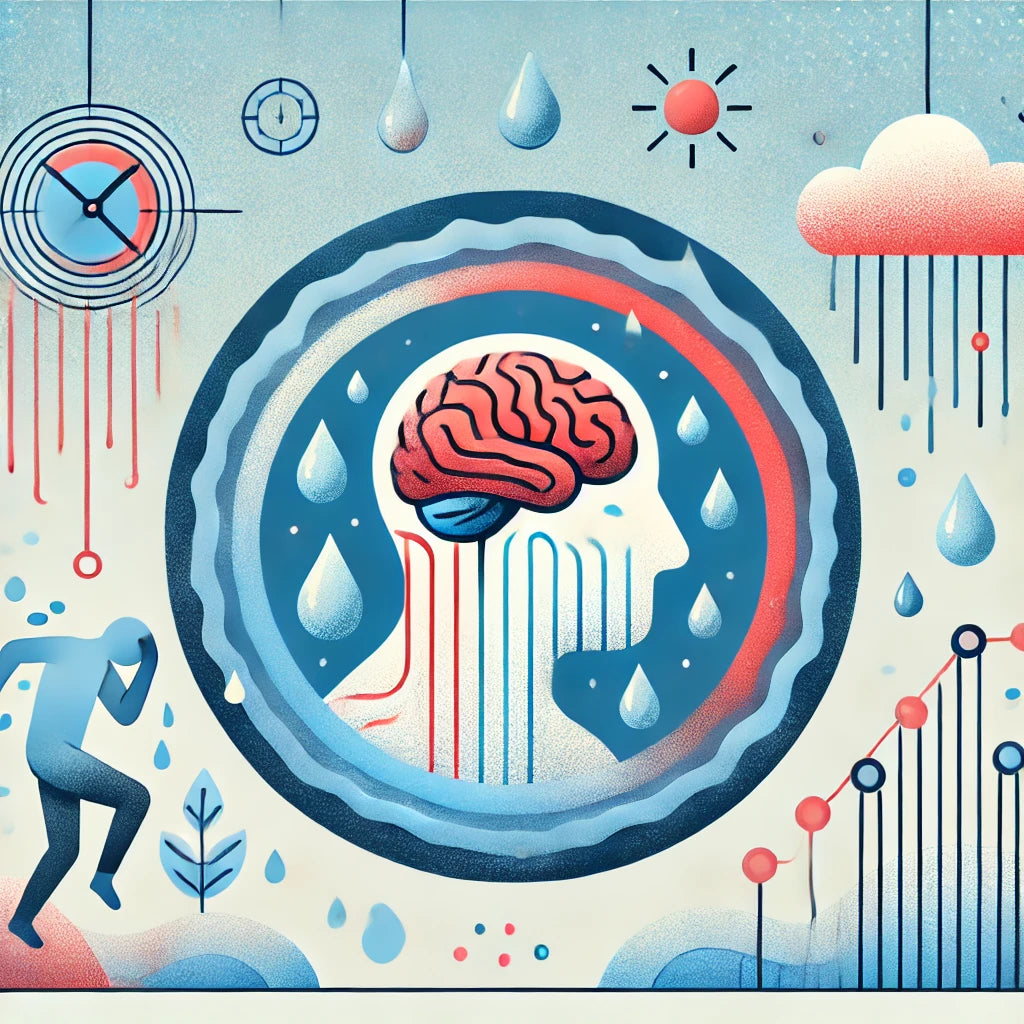News — cognitive behavioral therapy
Understanding OCD: Symptoms, Subtypes & Real-Life Coping Tools
cognitive behavioral therapy compulsive behavior ERP therapy harm OCD intrusive thoughts living with OCD longlifenutri mood support managing OCD mental health mental wellness mindfulness for OCD natural mood support obsessive thoughts OCD awareness OCD in children ocd supplements ocd treatments ocd vs perfectionism types of OCD
Obsessive-Compulsive Disorder (OCD) is often misunderstood as a quirk or an exaggerated desire for cleanliness and order. In reality, it’s a complex and deeply distressing mental health condition that goes far beyond neatly aligned pens or double-checking locks. OCD affects millions of people worldwide and manifests in countless ways—many of which are silent, invisible, and emotionally exhausting.
This guide goes beyond the stereotypes to uncover the true face of OCD. We’ll explore its roots, symptoms, different subtypes, diagnostic criteria, and the many challenges those living with OCD navigate daily. Whether you're seeking to understand your own experience or support someone you love, this article provides the knowledge and compassion needed to move beyond checklists and toward understanding.
Building Resilience: Your Guide to Overcoming Adversity
cognitive behavioral therapy coping strategies emotional health goal setting inspirational stories mental strength mindfulness overcoming adversity personal growth resilience resilience training self-care social support stress management supportive advice well-being
Resilience is the ability to bounce back from life's challenges, and it is an essential skill for overcoming adversity. In this comprehensive guide, we explore practical tips, scientific insights, and supportive strategies to help you build resilience, manage stress, and enhance your overall well-being.
Whether you're facing personal hardships or professional setbacks, this guide is designed to empower you to grow stronger and more resilient.
Silence Your Inner Critic: How to Cultivate Positive Self-Talk
affirmations CBT cognitive behavioral therapy cultivate positive self-talk inner critic journaling mental health mental well-being mindfulness positive self-talk self-compassion self-improvement silence your inner critic
Negative self-talk can be debilitating, affecting your self-esteem, motivation, and overall mental health. Learning to silence your inner critic and replace it with positive, supportive self-talk is a transformative process.
This comprehensive guide offers research-backed insights and practical tips to help you cultivate a kinder internal dialogue, empowering you to lead a happier, more fulfilling life.
Overcoming Anger: The Role of Cognitive Behavioral Therapy
anger management anger outbursts anger triggers assertive communication CBT for anger cognitive behavioral therapy controlling anger deep breathing exercises emotional regulation managing frustration mindfulness techniques relaxation techniques self-talk for anger stress and anger therapy for anger
Anger is a natural human emotion, but when it becomes overwhelming or uncontrollable, it can damage relationships, mental health, and overall well-being. Cognitive Behavioral Therapy (CBT) is one of the most effective approaches for understanding, managing, and overcoming anger.
CBT helps individuals identify triggers, challenge negative thought patterns, and develop healthier responses to anger. Rather than suppressing emotions, CBT provides strategies to express and regulate anger in productive ways. This article explores how CBT helps with anger management, practical techniques for control, and ways to break the cycle of destructive anger.
Breaking Free from the Cycle of Hyperhidrosis and Anxiety
anxiety anxiety management Botox for hyperhidrosis breaking the cycle of sweating cognitive behavioral therapy excessive sweating hyperhidrosis hyperhidrosis solutions hyperhidrosis treatment managing hyperhidrosis mental health mindfulness for anxiety social anxiety stress and sweating
Hyperhidrosis, or excessive sweating, is a condition that affects millions of people worldwide. While sweating is a normal bodily function, those with hyperhidrosis experience it to an extreme degree, often leading to discomfort, embarrassment, and frustration. What makes this condition even more challenging is its close link to anxiety. Many individuals with hyperhidrosis develop anxiety about their condition, fearing social situations, interviews, or even simple day-to-day activities where their sweating might be noticed. This anxiety, in turn, can trigger even more sweating, creating a vicious cycle that’s difficult to break.
Understanding the connection between hyperhidrosis and anxiety is key to managing both conditions. By addressing the physical symptoms of excessive sweating and finding ways to cope with the psychological toll, it’s possible to regain control over your life. In this guide, we’ll explore what causes hyperhidrosis, how anxiety exacerbates the problem, and the steps you can take to break free from this cycle.





